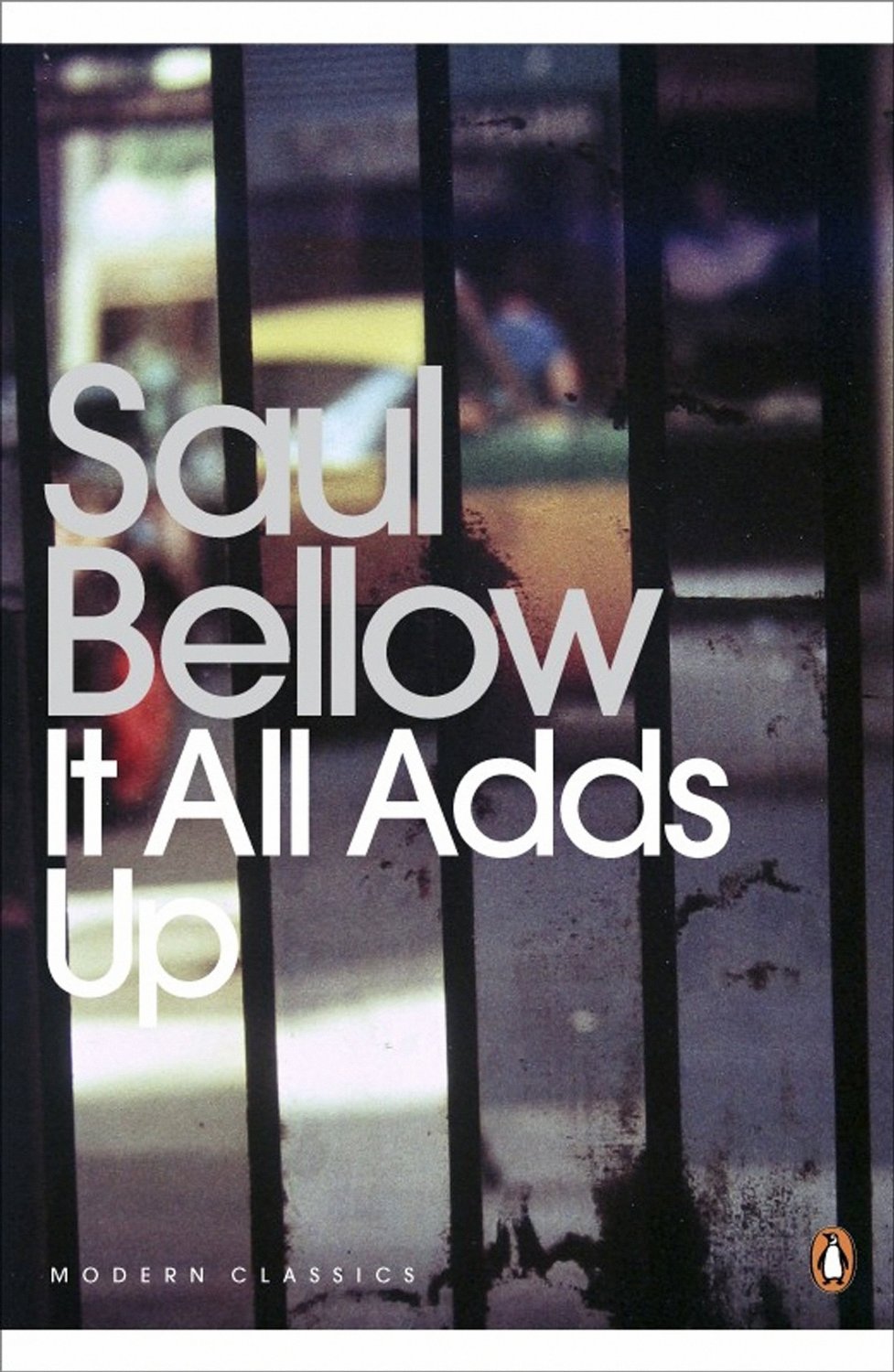Maria Popova in Brain Pickings:
“The writer cannot make the seas of distraction stand still, but he [or she] can at times come between the madly distracted and the distractions.”
 In 1990, fourteen years after he received the Nobel Prize in Literature and the Pulitzer Prize, and two years after being awarded the National Medal of Arts, Saul Bellow delivered a lecture at Oxford University titled “The Distracted Public.” Eventually included in It All Adds Up: From the Dim Past to the Uncertain Future(public library), Bellow’s talk laments the “moronic inferno” — a phrase he borrowed from Wyndham Lewis — produced by the “contemporary crisis” of distraction, “the apocalypse of our times,” calling on artists and writers to raise their voices in countering that “massive and worldwide” “hostile condition” of humanity.
In 1990, fourteen years after he received the Nobel Prize in Literature and the Pulitzer Prize, and two years after being awarded the National Medal of Arts, Saul Bellow delivered a lecture at Oxford University titled “The Distracted Public.” Eventually included in It All Adds Up: From the Dim Past to the Uncertain Future(public library), Bellow’s talk laments the “moronic inferno” — a phrase he borrowed from Wyndham Lewis — produced by the “contemporary crisis” of distraction, “the apocalypse of our times,” calling on artists and writers to raise their voices in countering that “massive and worldwide” “hostile condition” of humanity.
Bellow begins by considering the role of the artist — the writer — in society, and in societies of various regimes:
The writer cannot make the seas of distraction stand still, but he [or she] can at times come between the madly distracted and the distractions. He [or she] does this by opening another world. “Another world,” I am fully aware, carries suggestions of never-never land, and people will be asking themselves how seriously any man can be taken who still believes that the moronic inferno can be put behind us, bypassed or quarantined by art. It isn’t as though the champions of art had won any great victories. Madame Bovary dies of arsenic, and Flaubert the artist-chronicler is dangerously wounded too. Tales of love and death can be mortal to the teller. Yet for many people … the abandonment of art cannot happen. Dictatorships did not succeed in frightening artists to death, nor has democracy done them in altogether, although some observers consider democracy to be by far the greater threat. In the West, Stalinism is sometimes seen as a political disaster but, to artists, a blessing in disguise. It kept them serious. They died, leaving us great works. With us, the arts sink into the great, soft, permissive bosom of basically indifferent and deadly free societies…
More here.
